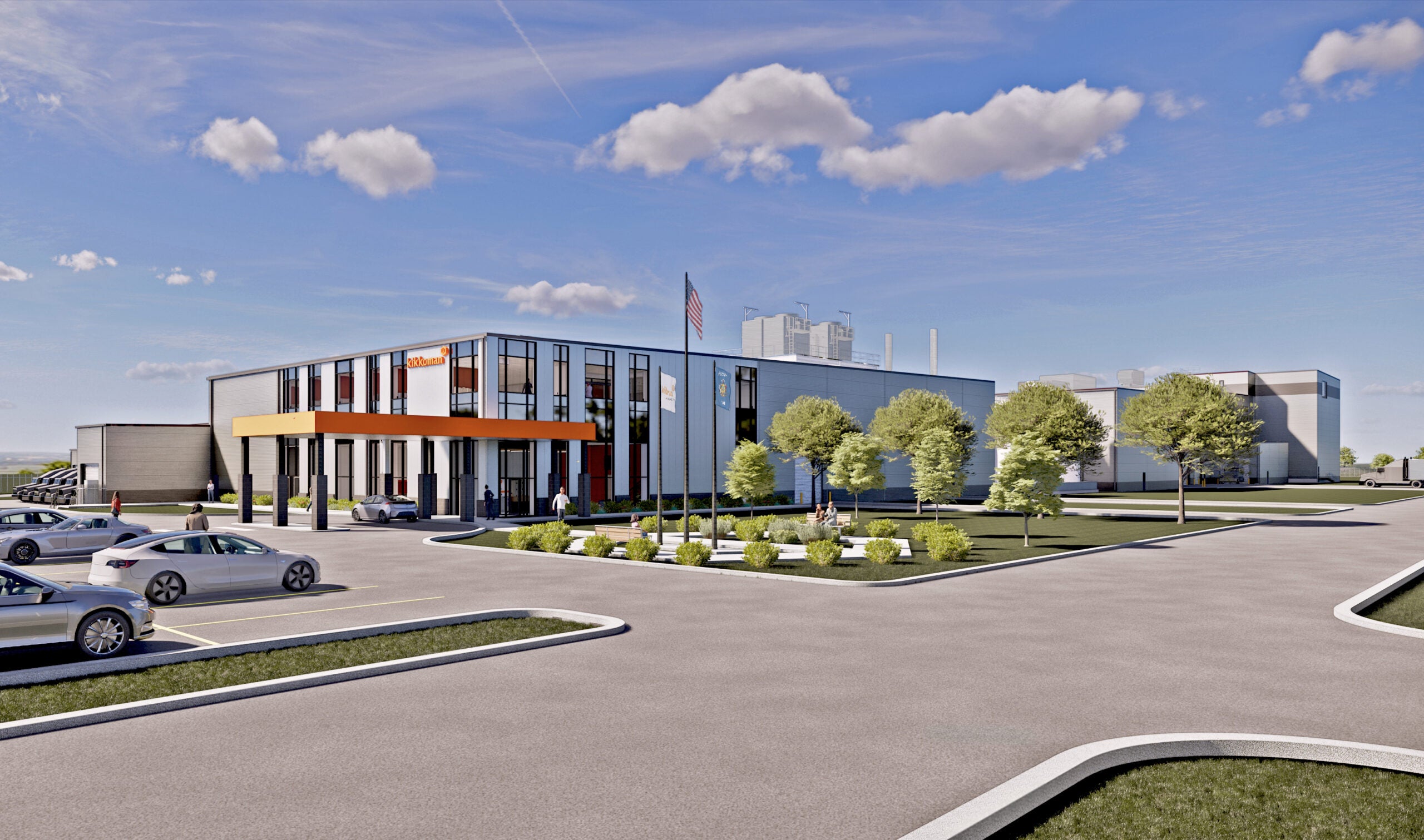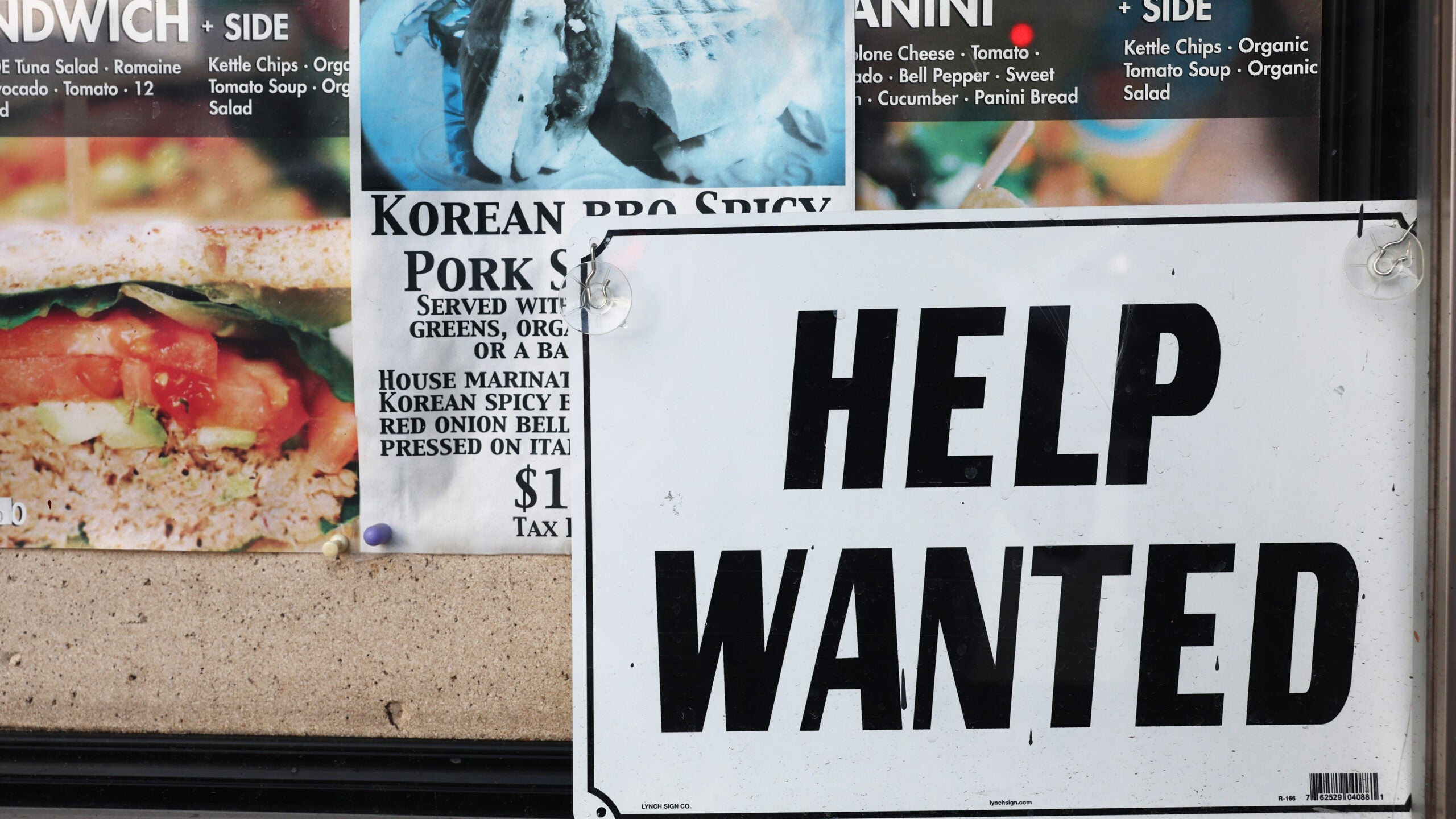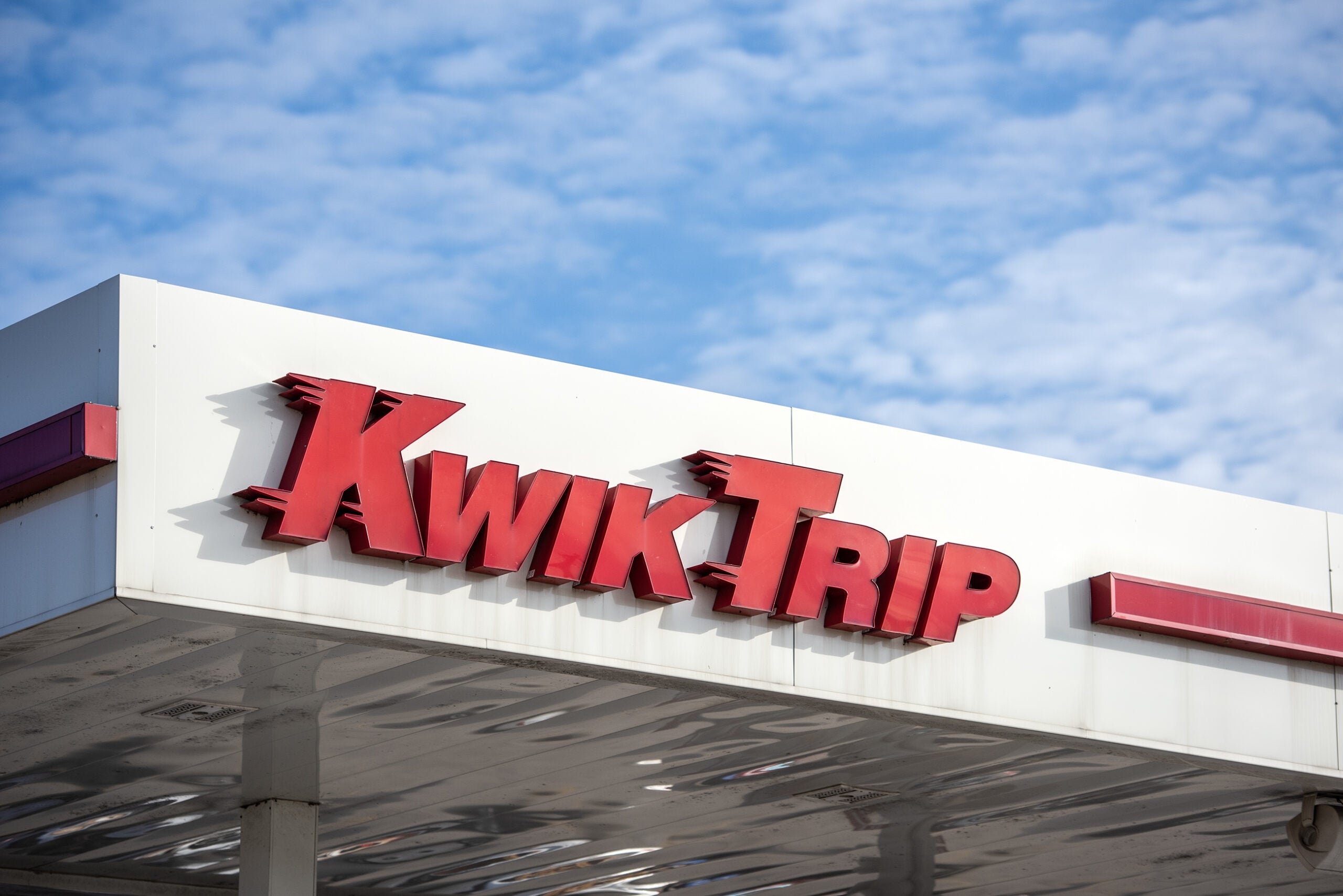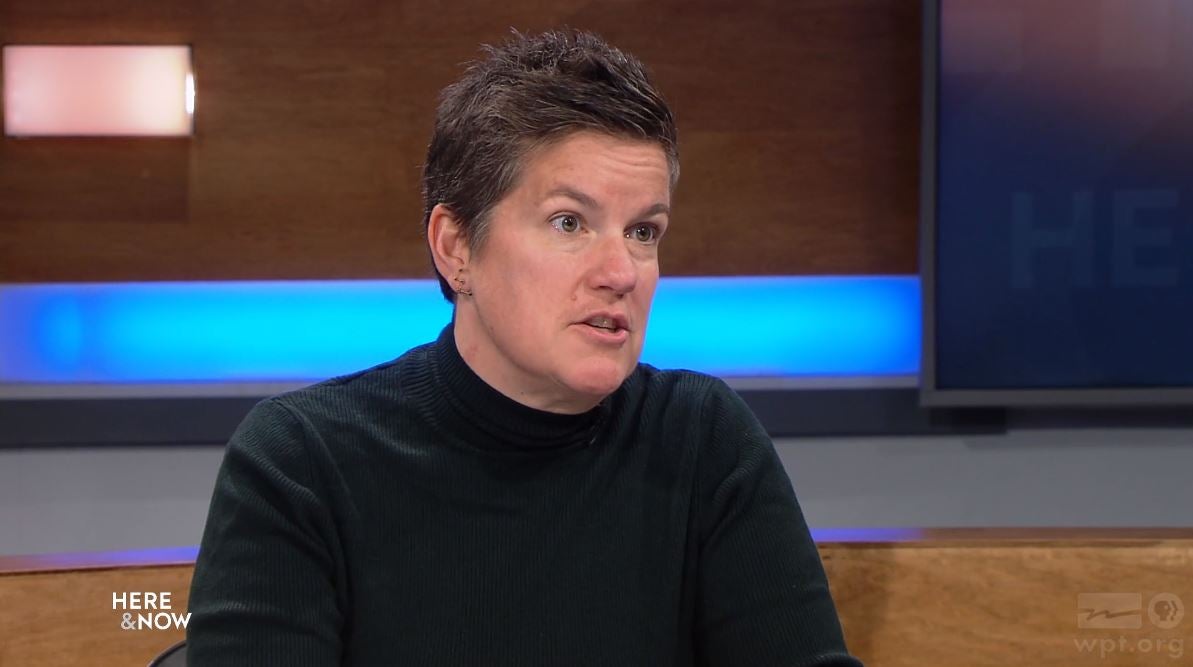Throughout this fall’s gubernatorial race, one particular issue has received a considerable amount of attention from the two major candidates: jobs.
Jobs and the economy came up right away at a forum that Democratic candidate Mary Burke held in Green Bay last month. She told a packed room that it’s a topic she hears a lot about on the road.
“One woman I talked to in Monroe, I met her in a diner in Monroe and she told me about her daughter,” Burke said. “A hard working student, (she) had graduated from University of Wisconsin-Madison nine months previously. She hadn’t found a job yet. So those are the worries that a lot of people have. Will our young people stay in our community? Will we have the opportunities to make sure they stay in our state?”
Stay informed on the latest news
Sign up for WPR’s email newsletter.
Burke served as commerce secretary under former Democratic Gov. Jim Doyle from 2005 to 2007. That department has since been transformed by Gov. Scott Walker into the Wisconsin Economic Development Corporation, a public-private organization that’s been criticized by some, including Burke, for not being effective.
On the campaign trail, Burke partly blames WEDC for putting Wisconsin “dead last” in terms of Midwest job creation.
Mary Burke speaking to a group of women in La Crosse about job creation, among other issues, during a campaign stop. Photo: Maureen McCollum/WPR News.
“I would certainly look at changing leadership. I’m very concerned about the types of grants that are being made without any accountability to increasing jobs. The turnover in leadership there — there’s been eight different changes of people in major positions … I know in the business world, that’s a sign there’s dysfunction there,” said Burke.
The “dead last” claim is true, according to Ken Mayer, a political scientist at University of Wisconsin-Madison. He added, however, that Walker’s claims of job growth are also true, even if he hasn’t met his 250,000 new jobs promise. Mayer says it depends on what measures the candidates use.
“That’s part of the fudge factor of politics,” he said.
One measure of job creation is the Current Employment Statistics. It comes out monthly, and surveys 5,000 state employers. The other measure is the more comprehensive Quarterly Census of Employment and Wages, which is only done every three months. Mayer said that all politicians “cherry pick” numbers from various sources.
As for WEDC, Mayer, said there’s a limit to what one agency can do.
“If you’re a Democrat, you look at WEDC and you say that the administration has been incompetent and that they have not done a good job in handling allegations of ‘pay to play.’ And if you are a Republican, you look at that as the nature of politics and doing the best you can, and actually successes that you probably feel are not being adequately reflected in media coverage,” said Mayer.
In September, Gov. Scott Walker was in downtown Green Bay to cut a ribbon at the new $85 million corporate headquarters of Schreiber Foods. Walker said WEDC helped the deal go through, but the company has to create 160 jobs.
“They can earn job credits for each of those as they acquire them,” said Walker. “So it’s performance-based, and if they do they’ll get up to $4.5 million of jobs credits to help with this project.”
Just as Burke expressed concerns about young workers staying in Wisconsin, Walker said businesses like Schreiber need incentives to stay.
“There’s about a thousand of their team members in Missouri, about 700 in Utah. So it’s not implausible they could look elsewhere,” said Walker. “I think first and foremost, they looked at over 1,000 employees here between Green Bay, Richland Center and West Bend. But they’ve also got to look at the bottom line and the fact that we made a good case to be in Wisconsin, I think, sends a strong message.”
The performance of WEDC itself is unlikely to sway the election, but the overall issue of job numbers and wages may well be a deciding factor.
Wisconsin Public Radio, © Copyright 2024, Board of Regents of the University of Wisconsin System and Wisconsin Educational Communications Board.






